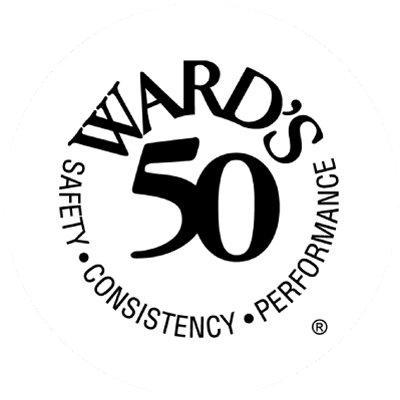Increasing rates of catalytic converter thefts are occurring throughout the United States. Here is some information to protect your business and your vehicles.
What is a catalytic converter?
- While the emissions of cars and trucks have decreased over the years, combustion still results in waste products. Catalytic converters are part of a vehicle’s exhaust system. It reduces burnt engine gasses and pollutants, converting the gases into non-toxic emissions or water vapor.1
Why are thieves stealing catalytic converters?
- Catalytic converters are an easy, fast and lucrative target for criminals.
- Two of the three “rare earth” metals used in catalytic converters are worth more per ounce than gold.2 These are usually platinum, rhodium, and palladium, and they function as catalysts.3 Palladium prices are currently more than $2,300 per ounce.4
- In addition, due to the pandemic, many vehicles are being driven less this year and are sitting idle in often remote parking areas, making this an easy crime.
How are catalytic converters stolen?
- Thieves usually work at night when it is harder for cameras to catch the crime.5
- Catalytic converters can be stolen from under a under a vehicle in less than two minutes.
- The only tool a thief needs is a wrench (for converters that are bolted on) or a reciprocating saw (for converters that are welded in). All a criminal needs to do is slide under the vehicle, remove the bolts or saw through the exhaust system, and take the converter.6
- Since there are no numbers connecting the catalytic converter to the car, it is virtually impossible to know that a converter belongs to a certain car.
What vehicles are most targeted?
- The most commonly targeted vehicles are those that sit higher off the ground, such as vans, SUVs and trucks.
- Businesses with multiple vehicles parked overnight in unsecured lots are particularly vulnerable.
- While these crimes affect mostly business autos fleets, auto repair garages storing passenger cars have been targeted, as have vehicles in driveways, strip malls or parking garages.
How will a driver know if the catalytic converter has been stolen?
- If a driver doesn’t know their vehicle has been damaged, they will know once the vehicle is started. It will either sound like a car without a muffler, “a deep loud noise,” or a motorcycle’s roar.
Loss Control Tips
- Ensure vehicles are secured (locked) at all times.
- Secure vehicles in locked, gated areas or indoor garages.
- Use security lighting that stays on or is motion sensitive.
- Install cameras and recording devices in areas where vehicles are stored.
- Security cameras should be HD for better quality of video.
- Promptly report any thefts or attempted thefts to your local police
- Owners whose vehicles have high-clearance may want to consider an aftermarket product. Your auto mechanic can give you more information.
- Drivers should always park in well-lit areas and vehicles should be kept in garages with the door closed when not in use. Vehicles should also be parked close to a building entrance or to the nearest access road when parked in a public lot.7
Sources
1, 3, 5. MotorBiscuit
2, 4. Car and Driver



